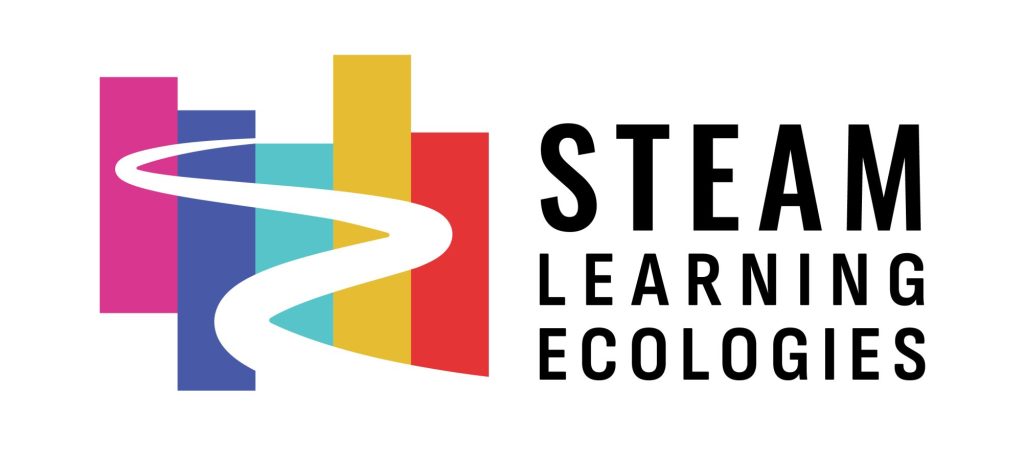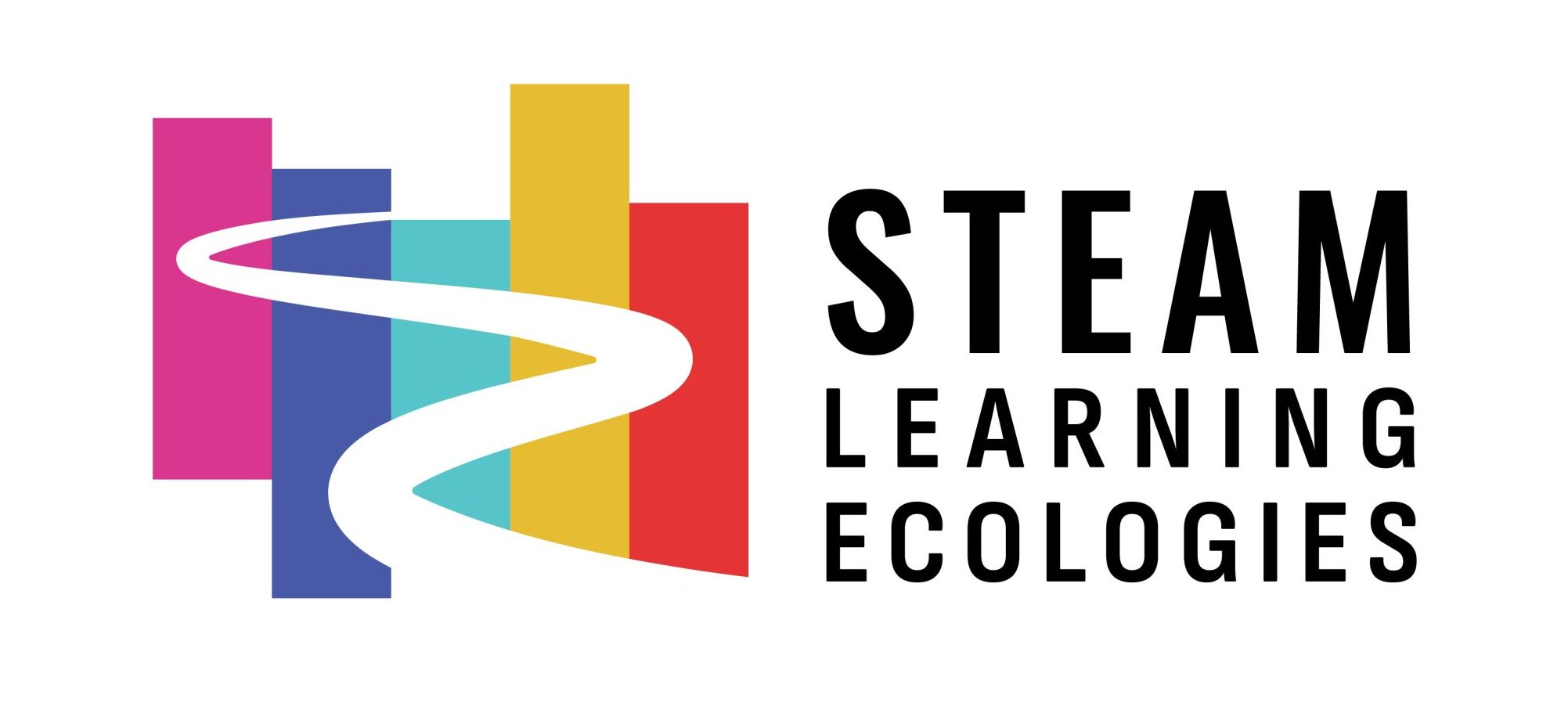Resources
SLEs Concept White Paper
The SLEs Concept White Paper describes the main foundational elements on which the SLEs approach and vision are based: STE(A)M Education (overarching approach), Open Schooling environment (main pillar), and Living Lab approach (key practice). The White Paper also puts forward the concept of learning ecologies, offering a powerful new way to envision local open schooling partnerships, and describes the driving needs, policy context and relevant initiatives about open schooling in science education.
SLEs Methodology
The SLEs Methodology is a comprehensive document presenting a methodological framework for the development of the STE(A)M Learning Ecologies. Consisting of guidelines to facilitate a co-creation process and establish partnerships, stakeholder engagement, step-by-step SLEs development process, examples of successful SLEs, this deliverable offers a wide range of theoretical and practical concepts and ideas to National coordinators, educators, and other relevant stakeholders of the SLEs project. The revised SLEs Methodology builds up on the SLEs pilot cycle.
SLEs Ecologies Monitoring and Reflection Methodology
This document describes the methodology applied to the monitoring and reflection on STE(A)M Learning Ecologies (SLEs), which will allow stakeholders to reflect on both strong and weak points of SLEs and evaluate their operation based on stakeholder input. Monitoring and reflection will involve general characteristics of SLEs and a process of participatory scenario development. SLEs’ general characteristics include: (1) Type and number of stakeholders involved; (2) previous experience in open schooling and the living labs approaches; (3) coordination process; and (4) action plan.
SLEs Learner Engagement Evaluation Methodology
This document describes the methodology to be followed by project stakeholders for participatory pedagogical design in the creation of STE(A)M learning Ecologies (SLEs) to offer learning opportunities and engage learners. Main themes for participatory pedagogical design include: (1) Potential learning paths (how resources can be utilized to form learning routes; decision trees based on learner choices in the open learning environments of SLEs); (2) Learning products to be created by students themselves along learning paths; (3) Curriculum mapping of knowledge and skills as reflected by learning products; (4) Support and guidance to be provided by stakeholders to students along learning paths; (5) Opportunities for female engagement; (6) Career opportunities.
SLEs First Policy Brief: Open Schooling for Science Education and a Learning Continuum for all
STE(A)M Learning Ecologies (SLEs) project aims to create new open schooling partnerships in local communities to foster improved science education for all citizens and to contribute to a learning continuum for all. The SLEs first policy brief outlines initial findings and recommendations about the challenges and opportunities associated with the use and mainstreaming of open schooling in science education and through the creation and development of STE(A)M Learning Ecologies across Europe.
SLEs Infographic: Structure of a STE(A)M Learning Ecology
The first project infographic aims to capture the innovative nature and various intricacies of a STE(A)M Learning Ecology as an inclusive science learning pathway - connecting different typologies of actors (formal, informal, and non-formal education providers, government agencies, industry, and civil society) within a learning continuum environment. The visualisation of “learning ecologies” helps understand their powerful value as vehicles for envisaging and realising impactful local open schooling partnerships.
SLEs FIrst Policy Digest: Open Schooling for science education and a learning continuum for all
This policy summary outlines initial findings about the challenges associated to the use and mainstreaming of open schooling in science education and development of STE(A)M Learning Ecologies across Europe. The document also provides an overview of policy recommendations to address these issues - at European policy level, national policy level, education authority level, and educational practice level.
SLEs Portfolio - Snapshots of change: real-life stories from the ground
Our document offers a snapshot of some of our most remarkable ecologies and stories from the field. It details the level of difficulty in implementing similar projects, the challenges that have been addressed, the benefits that have been brought, the community of stakeholders involved, and the innovative learning products created throughout the activities.



